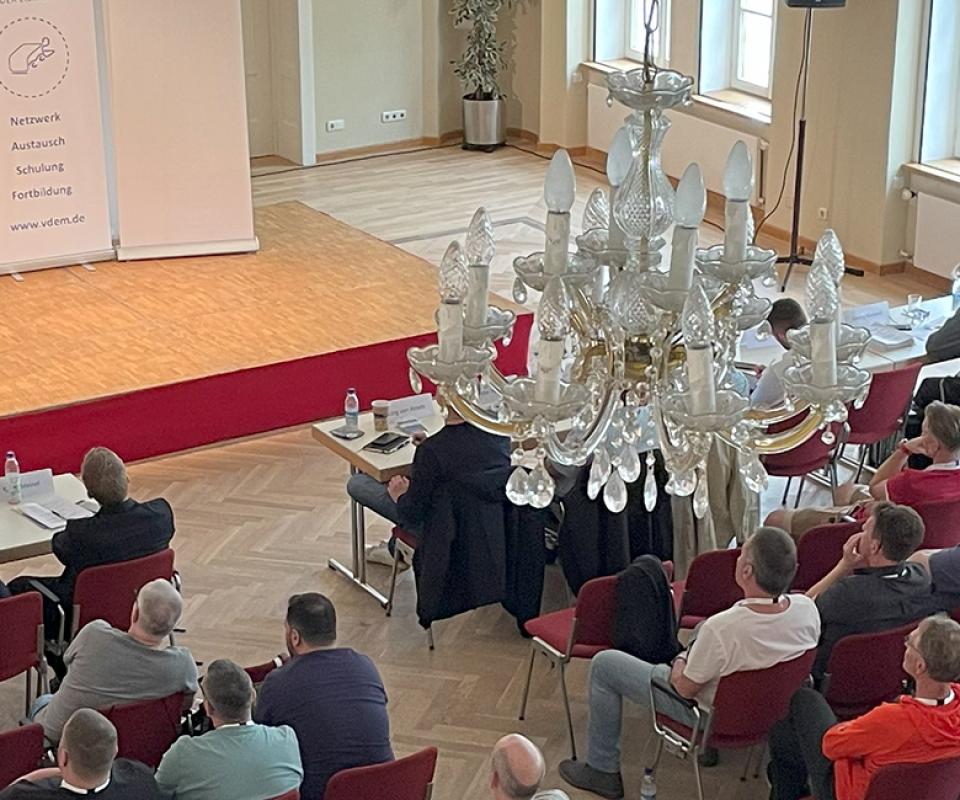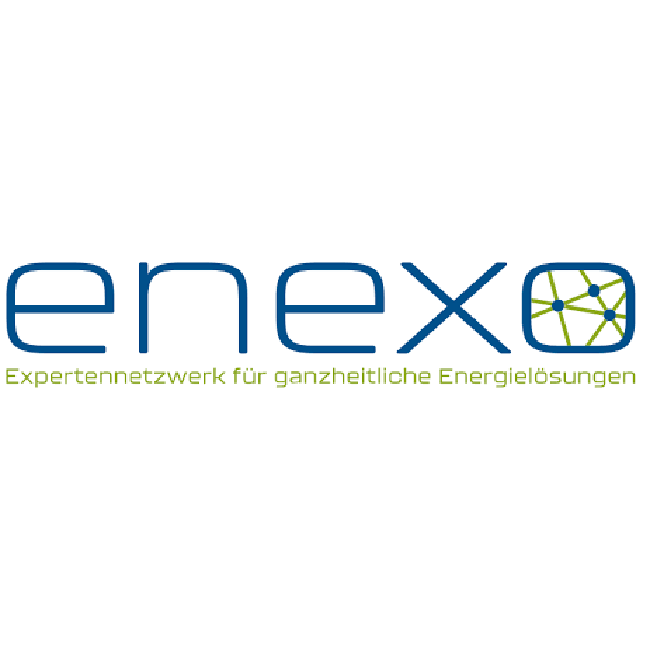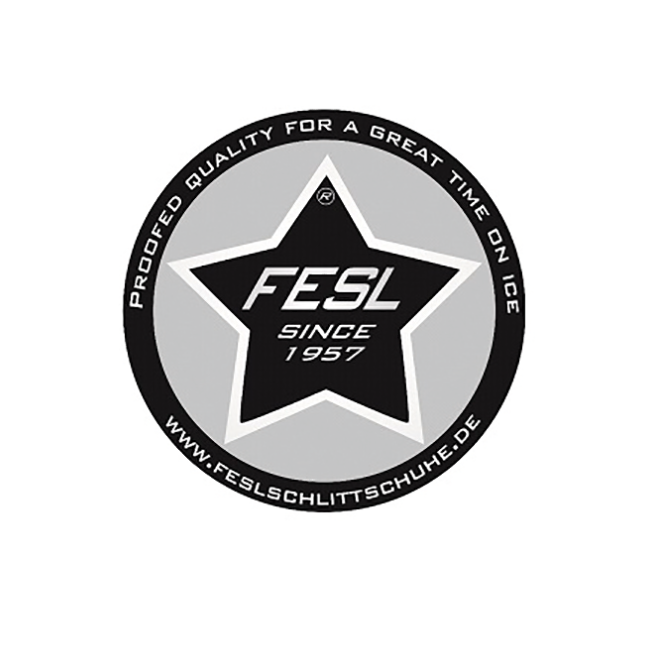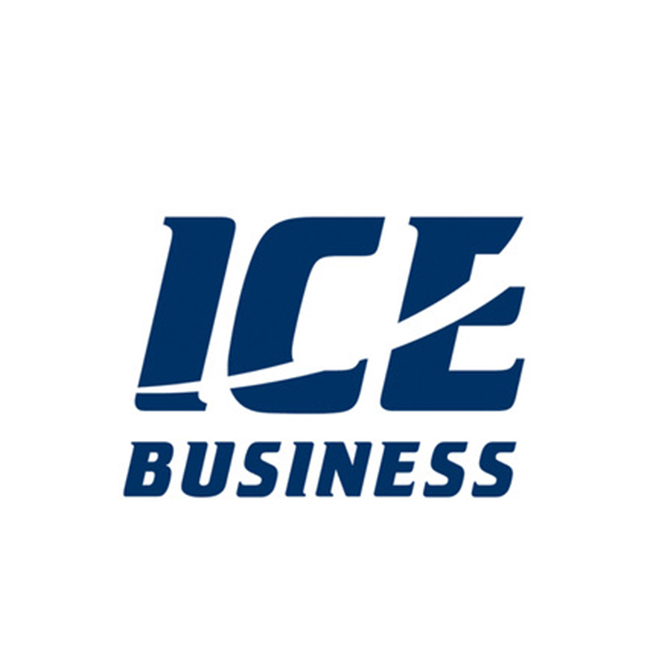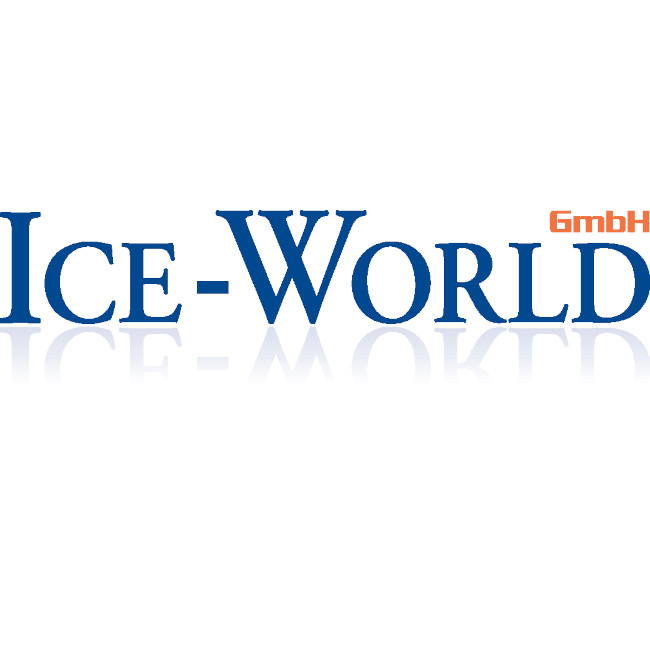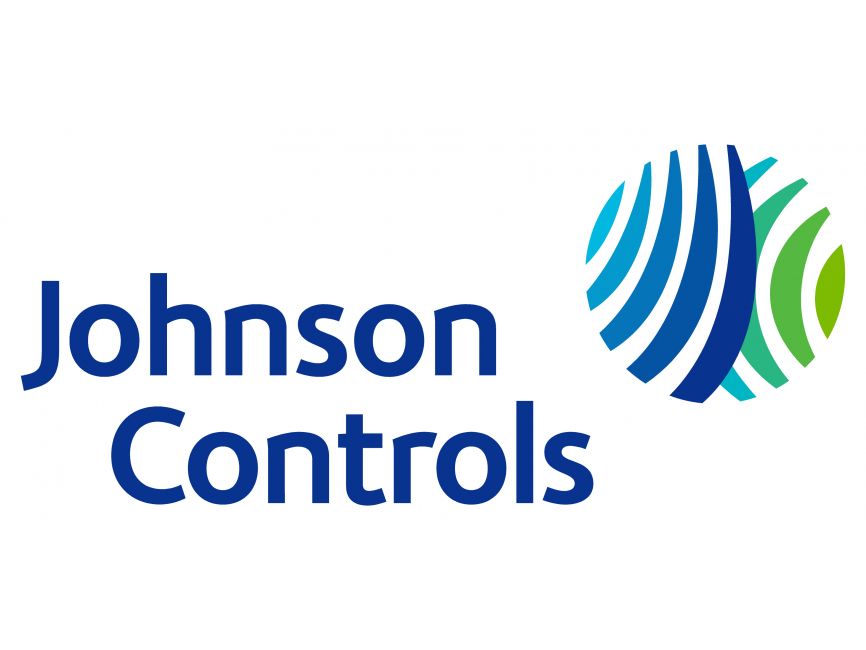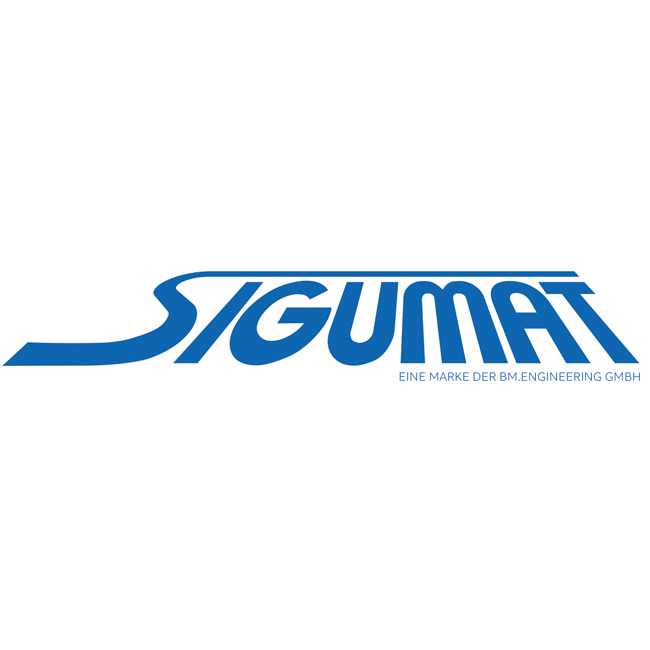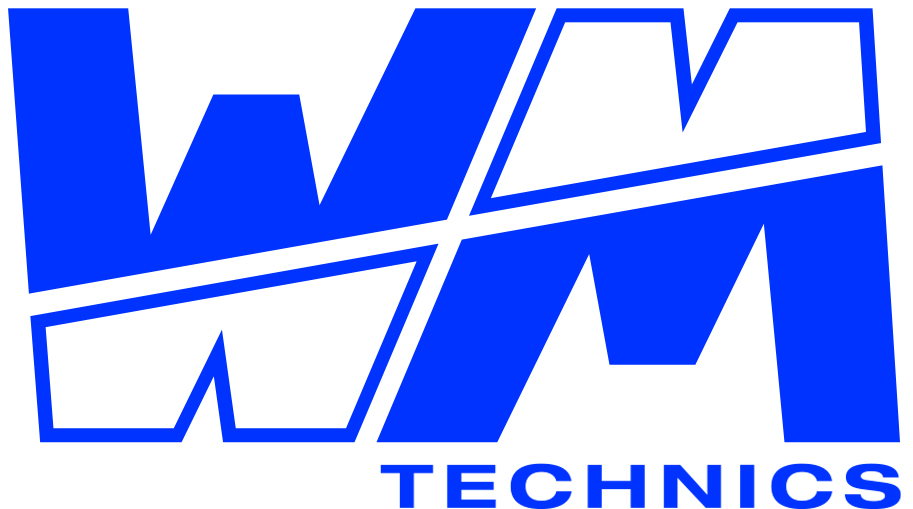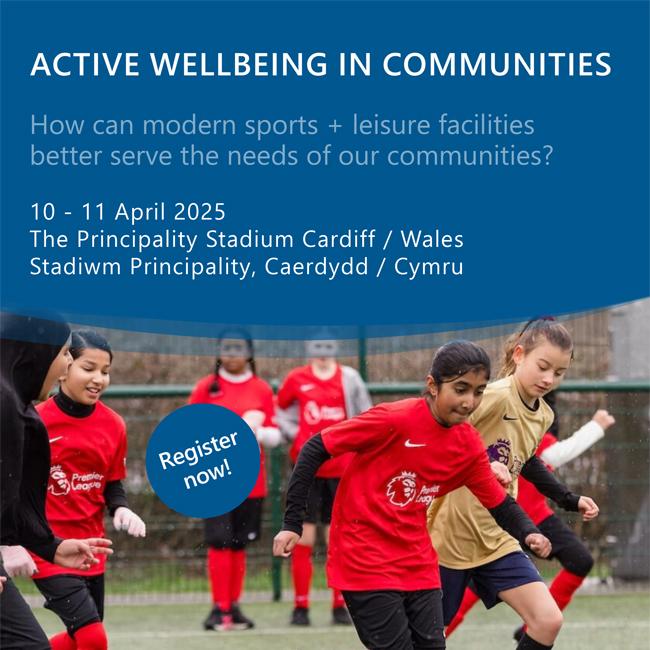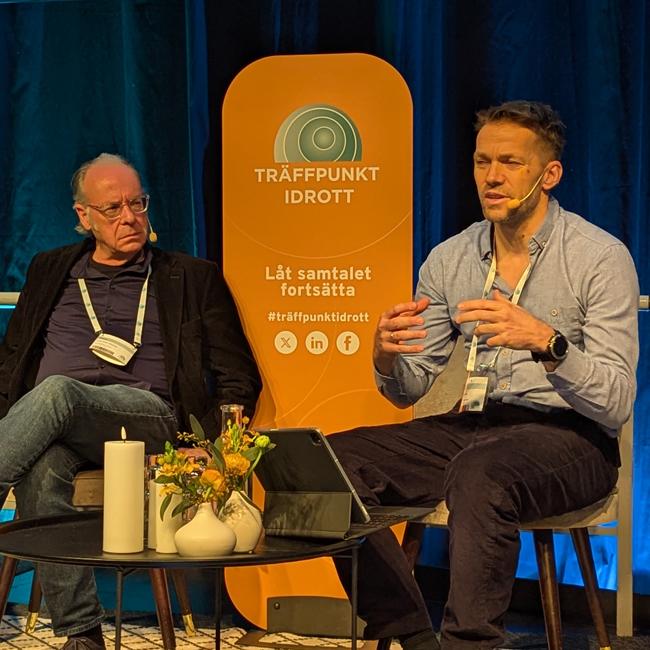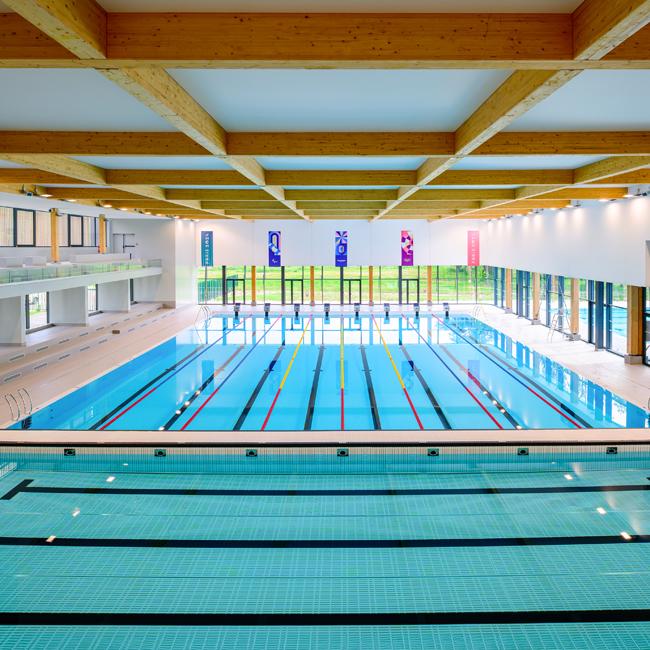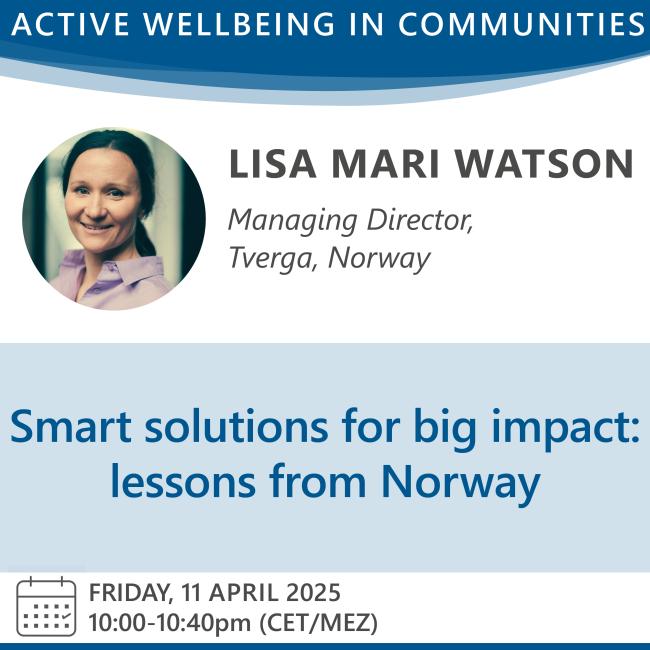Participants particularly appreciated the large number of workshops encouraging an exchange of hands-on experience. The IAKS Ice Master Training session provided a successful mix of lectures, workshops, guided tours, and networking. Landshut proved to be an attractive venue with welcoming partners, short distances, and a beautiful old town.
The event kicked off with Peter Lautenschlager (VDEM) welcoming participants to the Fanatec Arena, which was then showcased by Thomas Dumps, architect, and Dirk Meineke, operations manager of Landshut's municipal sports facilities. The speakers reported on developments in ice sports, and especially on ice hockey in Landshut and the refurbishment of the Fanatec Arena. Rico Brusch (Eissportzentrum Erfurt) gave an overview of ice masters' diverse tasks, which have become increasingly complex in recent years due to new legal requirements, user and customer expectations, and digitisation.
All conference presentations are available exclusively to participants and IAKS members. To download them, just enter your password. (Forgotten your password? Ask us!)
You can find further impressions in the gallery

Photo: Tourismusbüro Landshut
Informative workshops
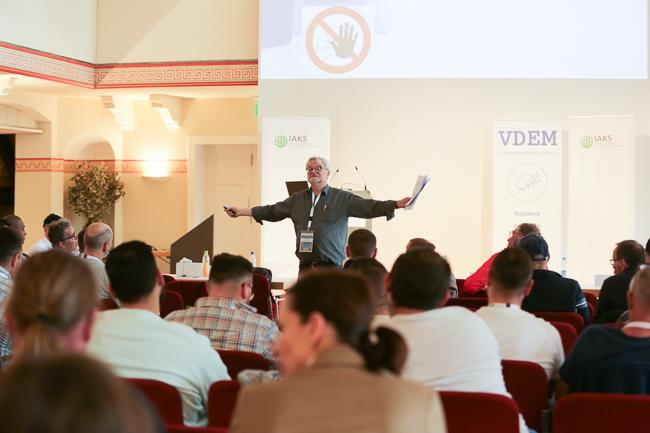
Photo: IAKS
After this, things took a practical turn. Under the supervision of Georg Wieland (GfKK), Dieter Henning (Eissporthalle Frankfurt/Main), Jörg von Ameln (German Ice Hockey League) and Marcus Richter (Eissportzentrum Chemnitz), those attending entered the 2024 ice master's workplace and were introduced to optimal ice making in the first workshop unit.
Georg Wieland stressed the importance placed by operators on having highly trained staff or, alternatively, skilled external service providers if they are to meet the high level of responsibility.
With Markus Richter, participants were able to discuss the wide variety of ice rinks and their varying service profiles and how locations and operators can find the right processes and solutions.
Workshop organisers Dieter Henning and Jörg von Ameln agreed: "There are many different ice rinks and many customised solutions. Operational activities should once again focus more on the ice itself, which is the playing surface and hence an essential prerequisite for all ice sports activities."
Modern building technology and equipment in the service of complex operating processes and high safety requirements
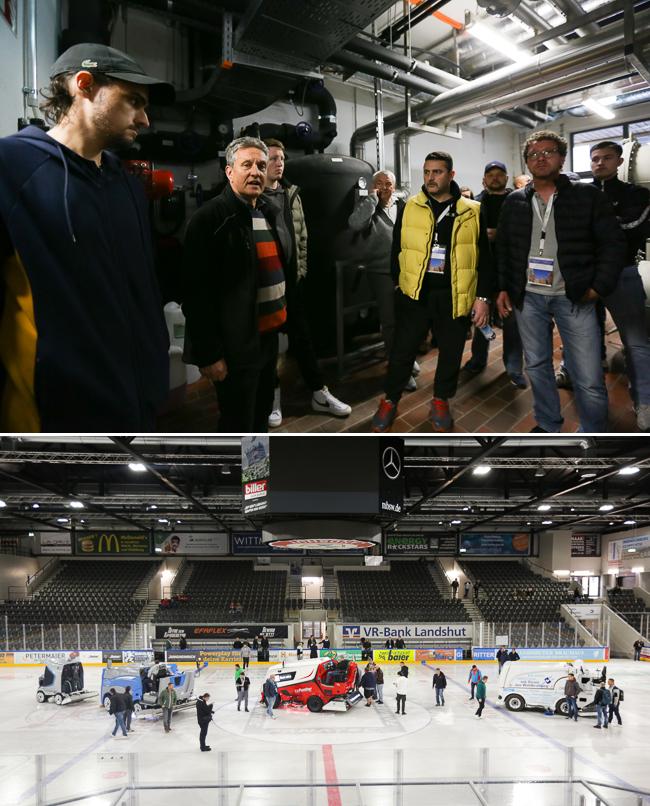
Photo: IAKS
Ralf Nix (ver.di) and Peter Lautenschlager got things moving with their presentations on the collective bargaining agreement for the public sector and regular refresher courses for ice rink technicians. Nix explained the mechanisms of collective bargaining in the public sector, and particularly for employees in the municipal sector. He proposed future cooperation between ver.di, VDEM and IAKS in the aid of a more standardised and better classification for ice masters.
Things then got highly practical with Georg Wieland and a fire drill in the ice rink. He discussed checklists and questions for an operational hazard analysis for ice rinks with ammonia refrigeration systems and outlined the cooperation with the fire service to optimise response behaviour in an emergency and also gave advice on holding fire drills.
Uwe Deyle (Planungsbüro Deyle) and Dirk Meineke gave an overview of the technical installations at the Fanatec Arena in Landshut. They presented building services simulations during the planning phase and subsequent adjustments after recommissioning and explained the different roles and aims of the client, designer and operator.
In the afternoon, the participants were then led out onto the ice. On show were the latest ice resurfacing machines from engo, WM technics and Züko/Zamboni in the Fanatec Arena. The latest technical features were presented. The participants inspected the machines up close and took an expert look under the bonnet.
The guided tour of the Fanatec Arena offered those attending a unique look behind the scenes. With an investment of €23 million, an attractive and highly functional ice sports centre has been created. Operations manager Dirk Meineke: "Thanks to the upgrade, the Landshut ice stadium has made the leap from the Middle Ages into the modern era."
Day 3 devoted to innovations
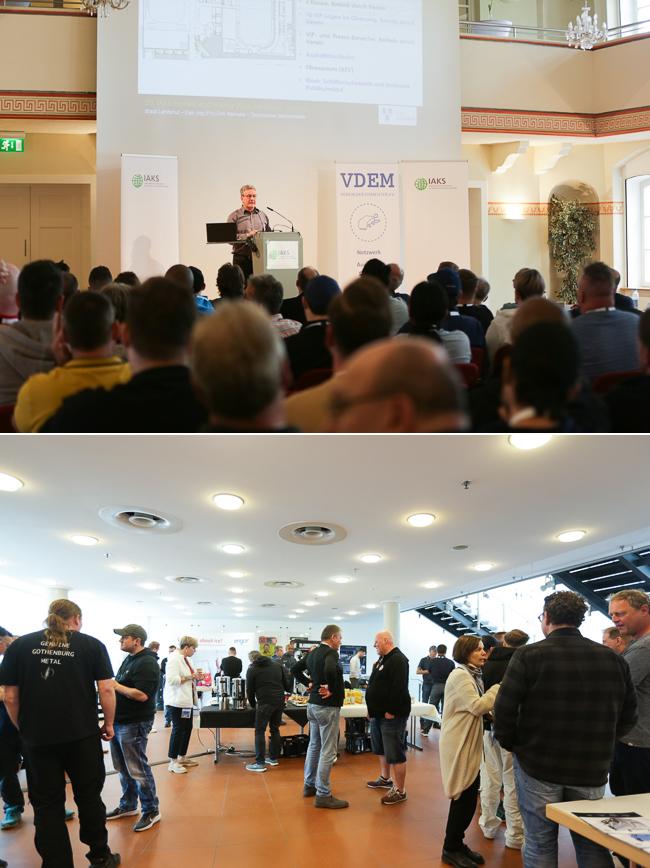
Photo: IAKS
Norbert Moser (VBG Munich) gave a presentation on flexible board systems in ice sports. Studies show that the installation of flexible board systems is essential for the safety of athletes and should therefore be mandatory for ice hockey clubs.
A further three workshops then looked at different areas of change in ice sports. The first workshop focused on the digitisation of operational processes and booking systems, making it possible to record technical data, such as ice thickness, in a more comprehensible and lasting way. Workshop organiser Jerome Jover (Villingen-Schwenningen ice rink) also described how digital booking systems create transparency for club users and enable employees to adapt operational processes on a daily basis.
In his workshop, Rico Brusch addressed changes in visitor behaviour which, among other things, have prompted the hiring of security services for public ice skating and ice discos. Also discussed was the fact that digital and contactless payment is still in its infancy at most ice rinks.
Developments in the energy sector are a big issue in ice sports, which those attending had to the opportunity to discuss with Peter Lautenschlager. The Energy Efficiency Act calls for a 45% reduction in energy consumption by 2025. To achieve this goal, waste heat recovery is of special interest for ice rinks, as alternative energy sources for the operation of ice rinks have yet to become practicable.
We would particularly like to thank everyone attending for their active participation in this year's ice master training course, as well as our partners for their valuable support. A big thank-you also goes to the Ice Masters Association with Peter Lautenschlager, which has a long tradition of supporting our event. We would also like to thank the municipality of Landshut, represented by Dr Thomas Haslinger, the Landshut Sports Office with Sabrina Högl and the operations manager of the Fanatec Arena, Dirk Meineke, for their terrific hospitality.
